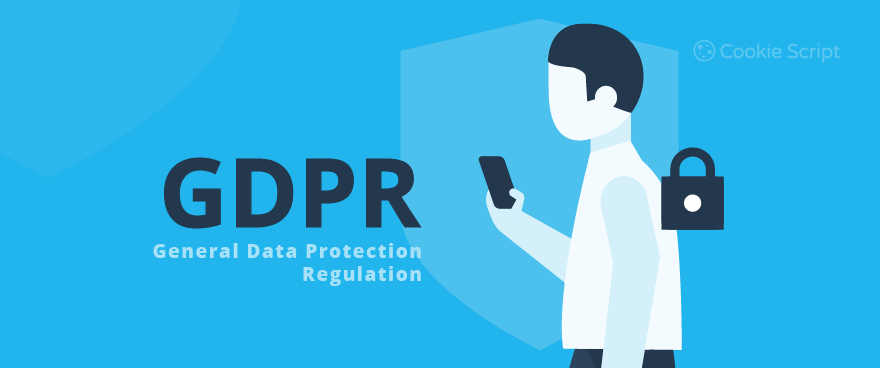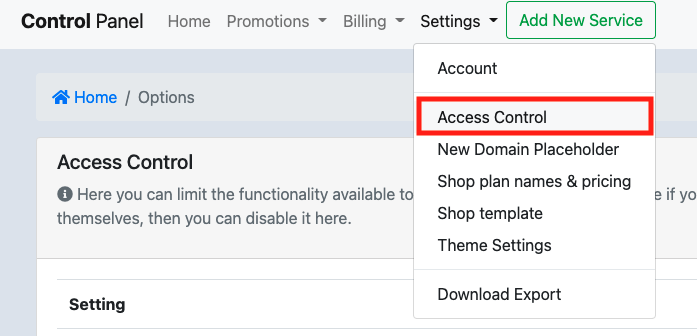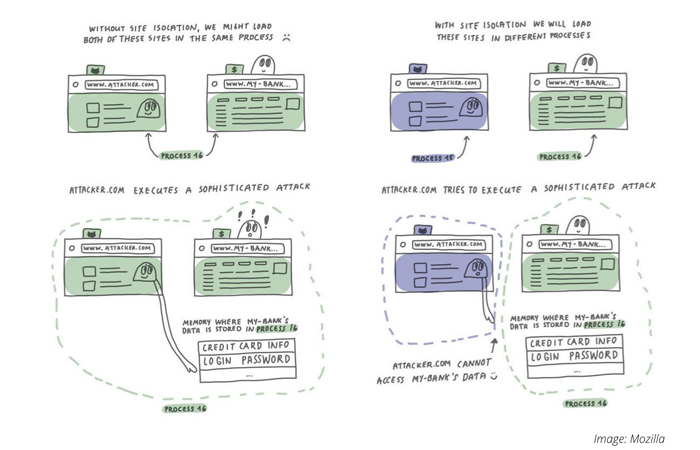In June this year, Mozilla enabled the Enhanced Tracking Protection (ETP) setting by default only for its new users who downloaded a fresh copy of firefox. Leaving old users with options to either enable the new feature manually or wait for the company to activate it for all users. Finally, the wait is over.
With the official launch of Firefox 69, ETP will automatically turned on by default for all web users as a standard-setting in the Firefox browser, blocking third-party tracking cookies and cryptocurrency mining scripts.
Blocks Third-Party Tracking Cookies
By default Firefox 69 will now block all known third-party tracking cookies that track and collect data regarding users’ activity across multiple sites —which are used as ad profiling by the companies without your knowledge or consent.
Blocks Cryptocurrency Miners
Firefox 69 also by default blocked cryptocurrency mining scripts, which essentially use your hardware’s processing power to mine cryptocurrencies— without your knowledge or consent. Which results in reduced battery life and negatively affecting performance.
Adobe Flash Disabled by Default
Firefox 69 additional improvements have also disabled Adobe Flash Player by default in the web browser and will now ask for your permission before turning on Flash on websites, improves performance on Windows 10, and better battery life on macOS.











